The UK faces a no-deal Brexit unless Boris Johnson keeps the promises he made when securing the withdrawal agreement, the EU’s chief negotiator has warned.
Michel Barnier accused the prime minister of trying to back away from the written commitments in the political declaration signed with the European Commission.
He declared there would be no trade deal unless the text he negotiated was complied with “to the letter” — and claimed Britain had more to lose from the failure of the talks.
Download the new Independent Premium app
Sharing the full story, not just the headlines
“The UK has been taking a step back — two steps back, three steps back — from the original commitments,” Mr Barnier said in an interview with The Times newspaper.
“The UK negotiators need to be fully in line with what the prime minister signed up to with us. Because 27 heads of state and government and the European parliament do not have a short memory.
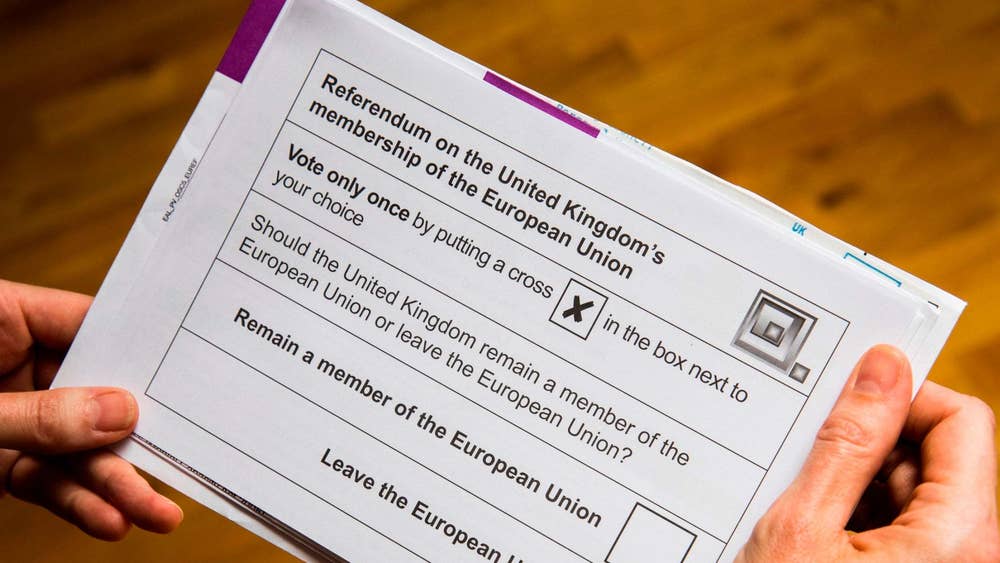
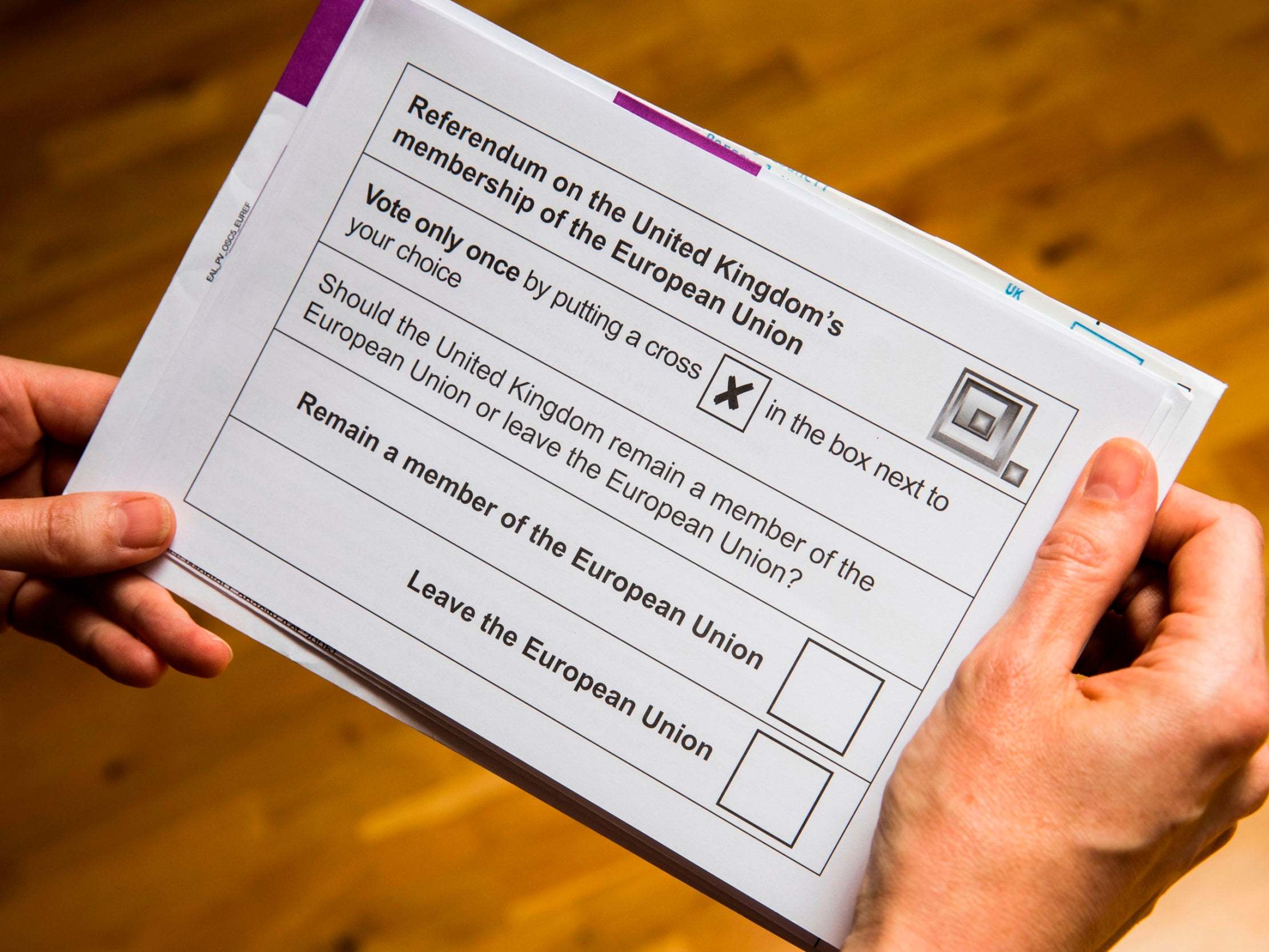
1/20 Britain votes to leave the European Union – 23 June 2016
A referendum is held on Britain’s membership of the European Union. Fifty-two per cent of the country votes in favour of leaving
AFP via Getty
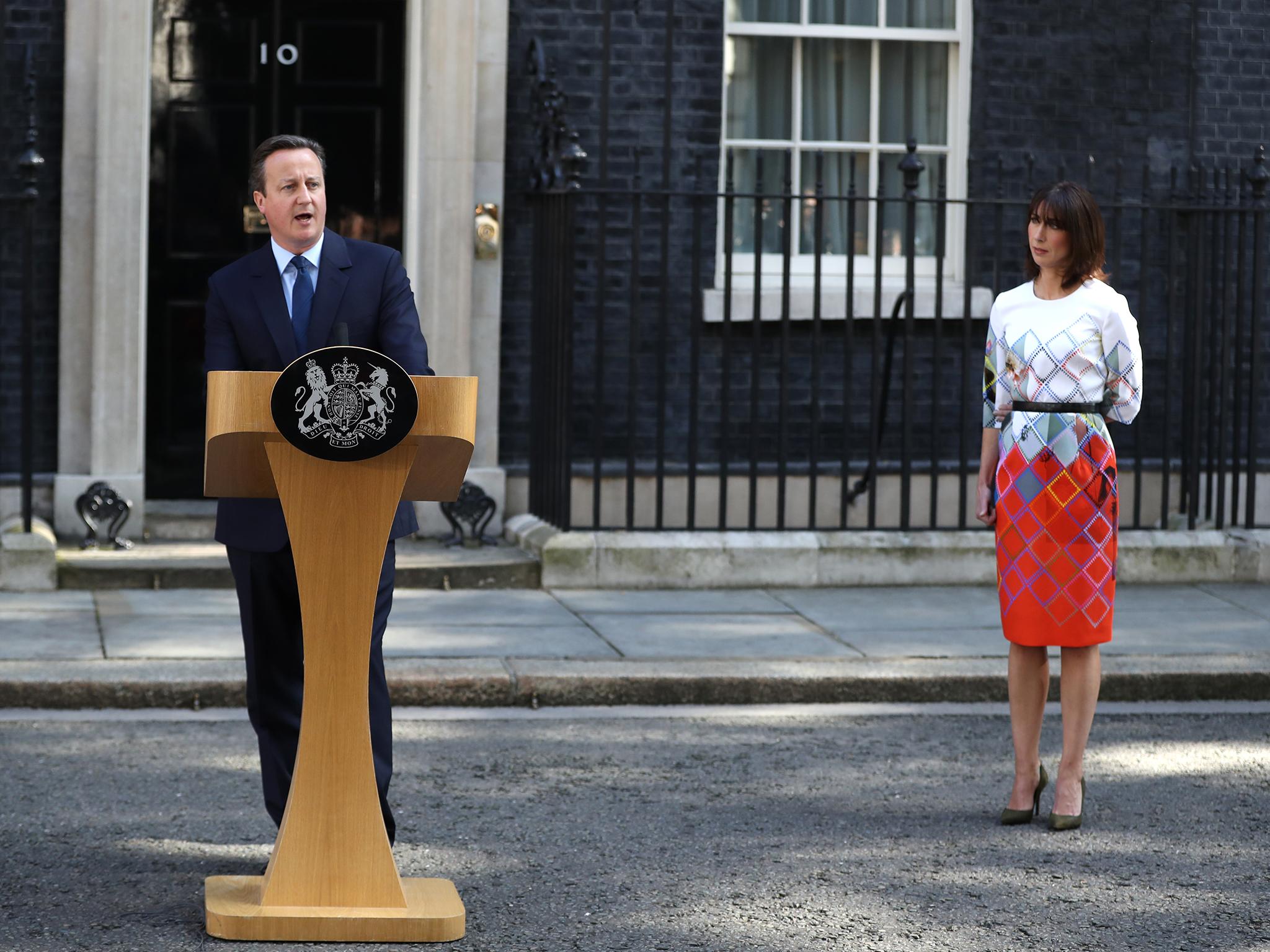
2/20 David Cameron resigns – 24 June 2016
David Cameron resigns on the morning of the result after leading the campaign for Britain to remain in the EU
Getty
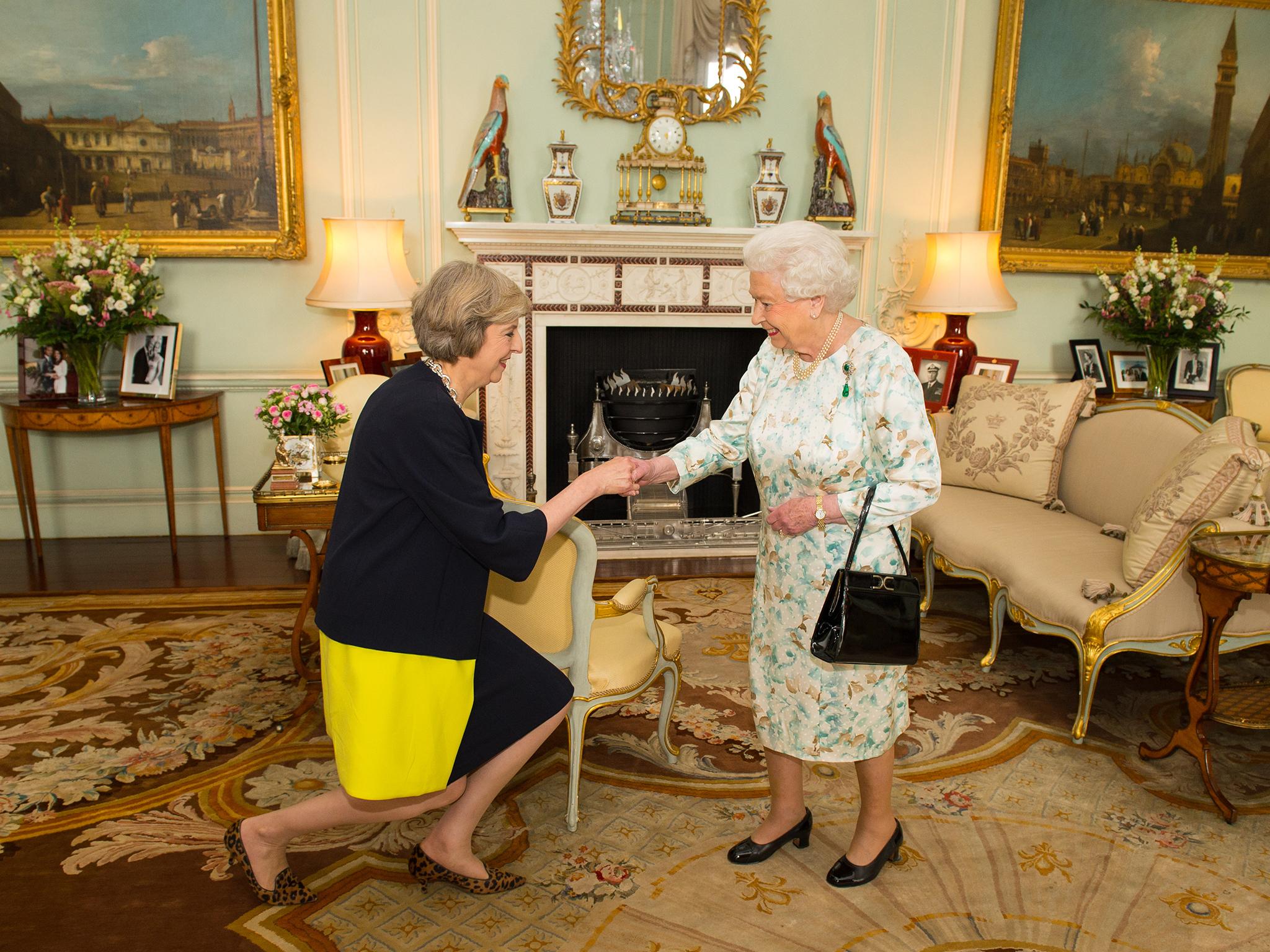
3/20 Theresa May takes the reins – 13 July 2016
Theresa May becomes leader of the Conservative party and prime minister, winning the leadership contest unopposed after Andrea Leadsom drops out
Getty
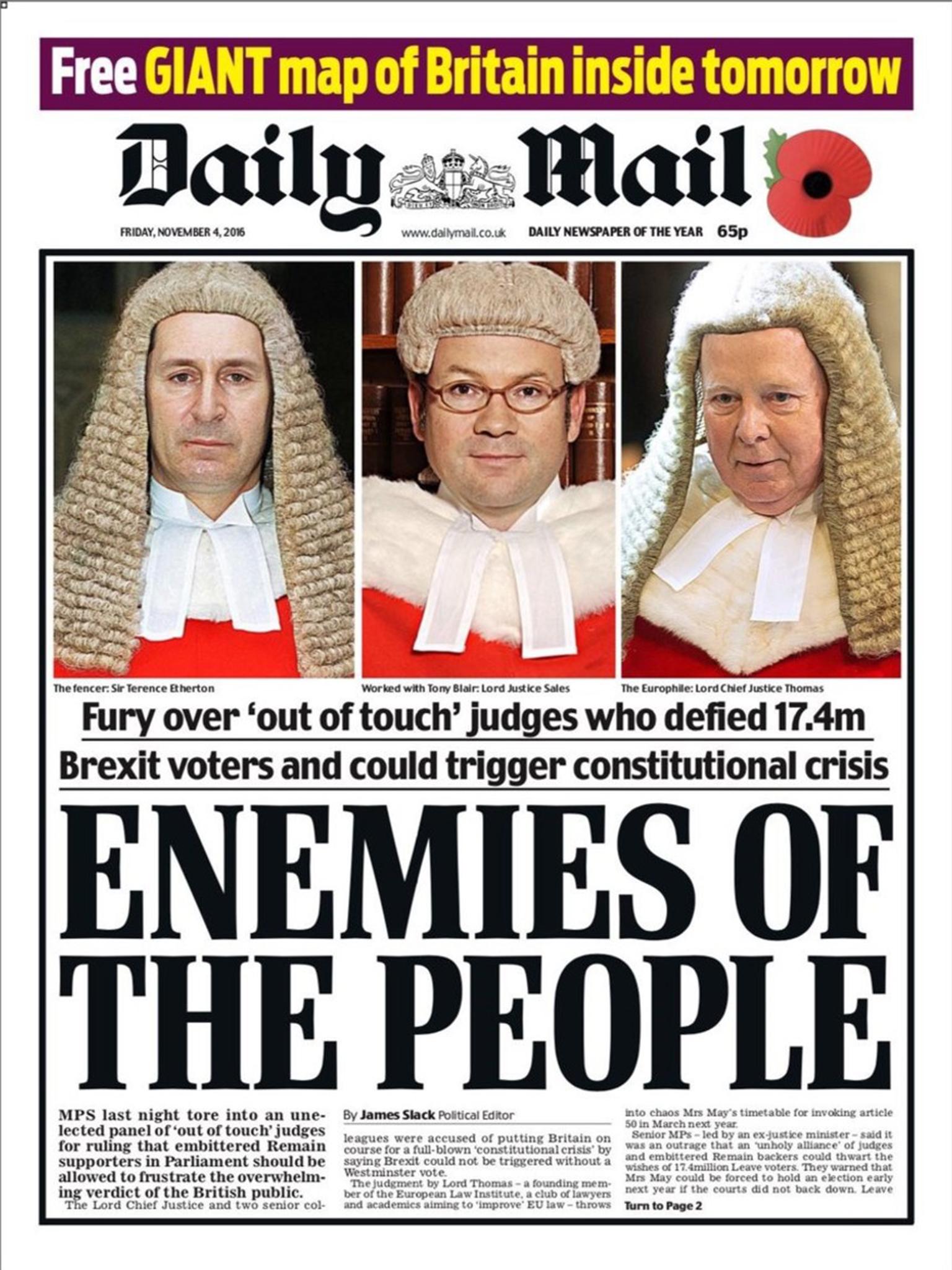
4/20 High Court rules parliament must vote on Brexit – November 2016 – 3 November 2016
The High Court rules that parliament must vote on triggering Article 50, which would begin the Brexit process
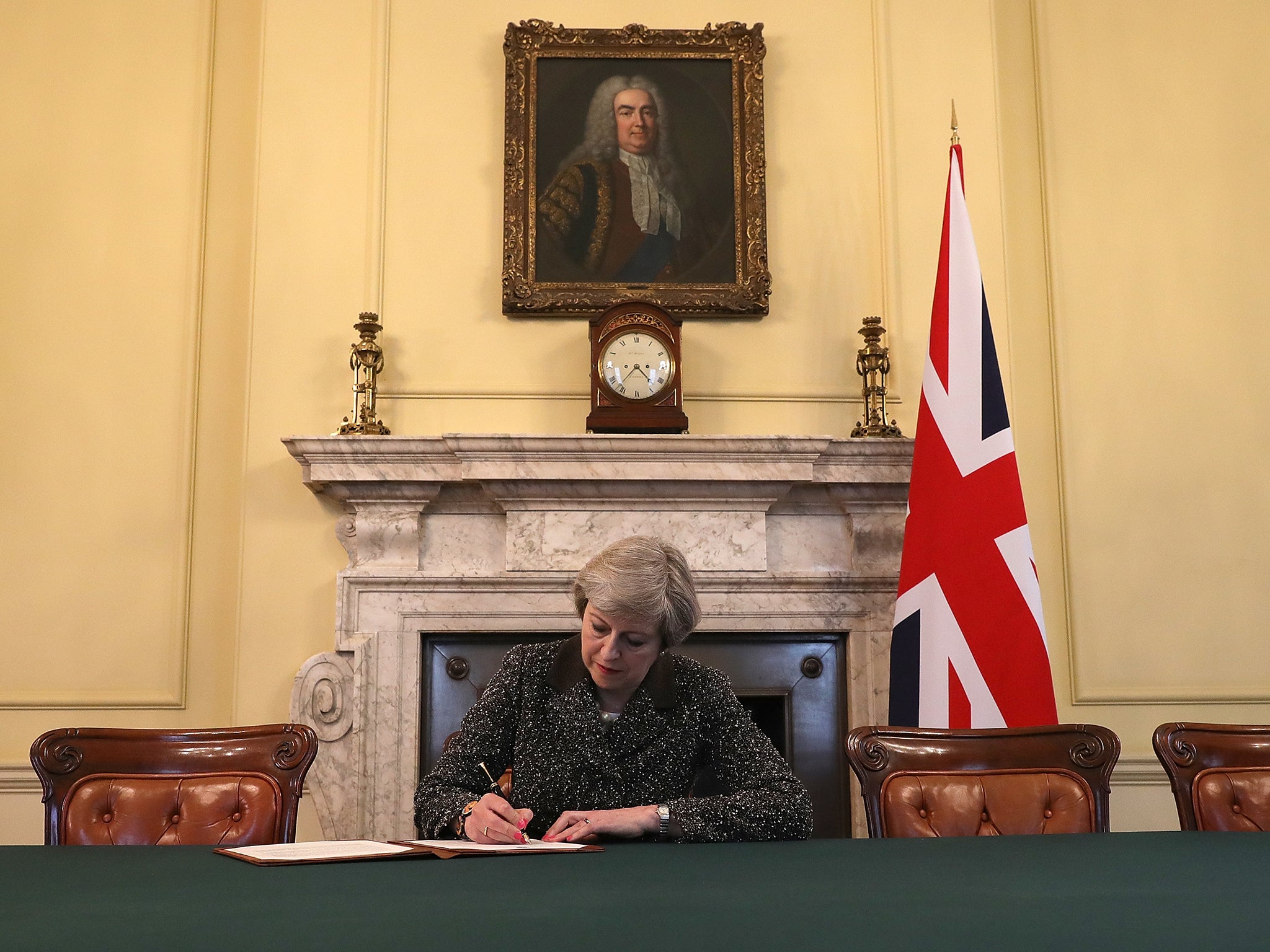
5/20 Article 50 triggered – 28 March 2017
The prime minister triggers Article 50 after parliament endorses the result of the referendum
Getty
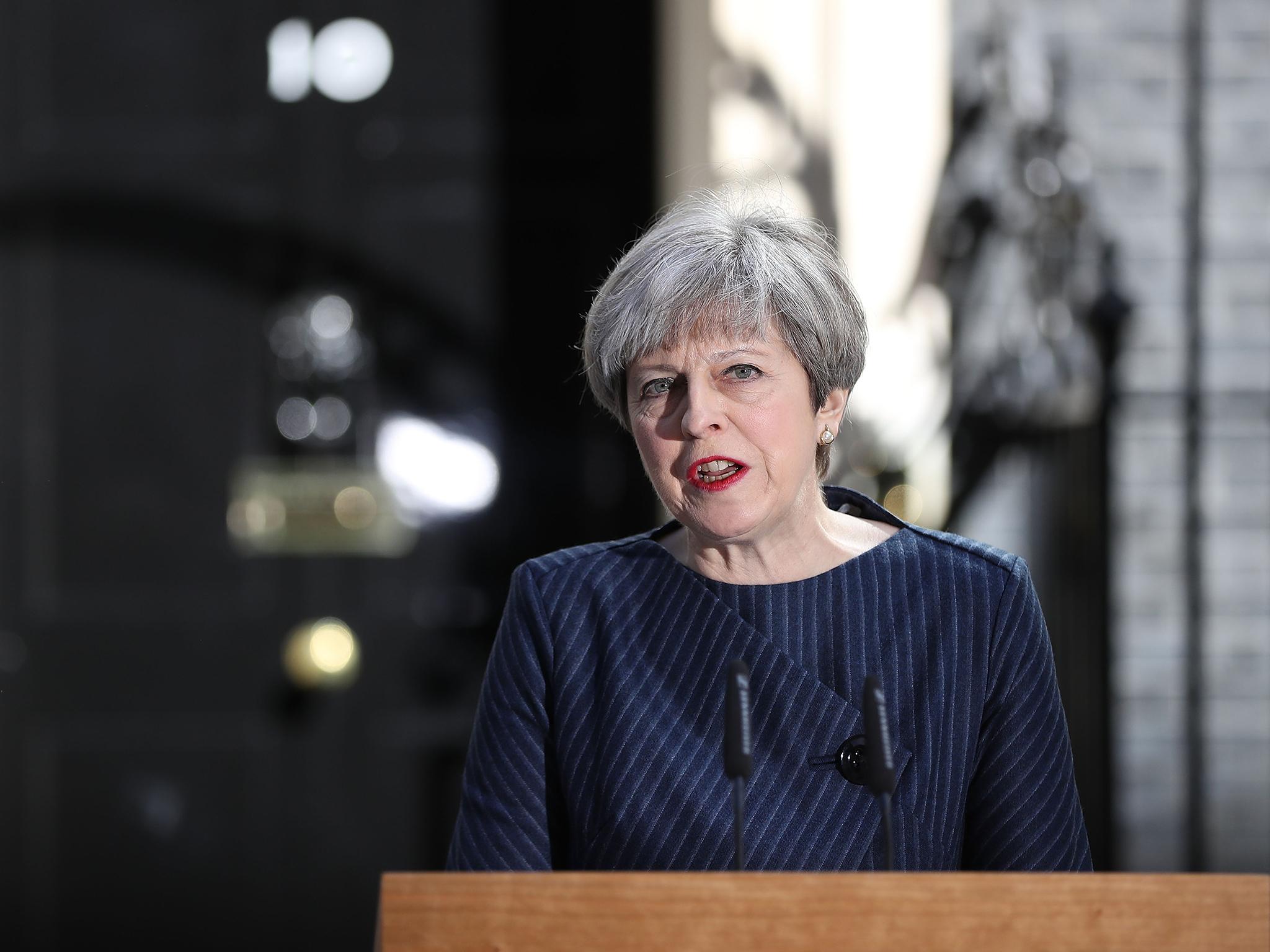
6/20 May calls snap election – 18 April 2018
Seeking a mandate for her Brexit plan, May goes to the country
Getty
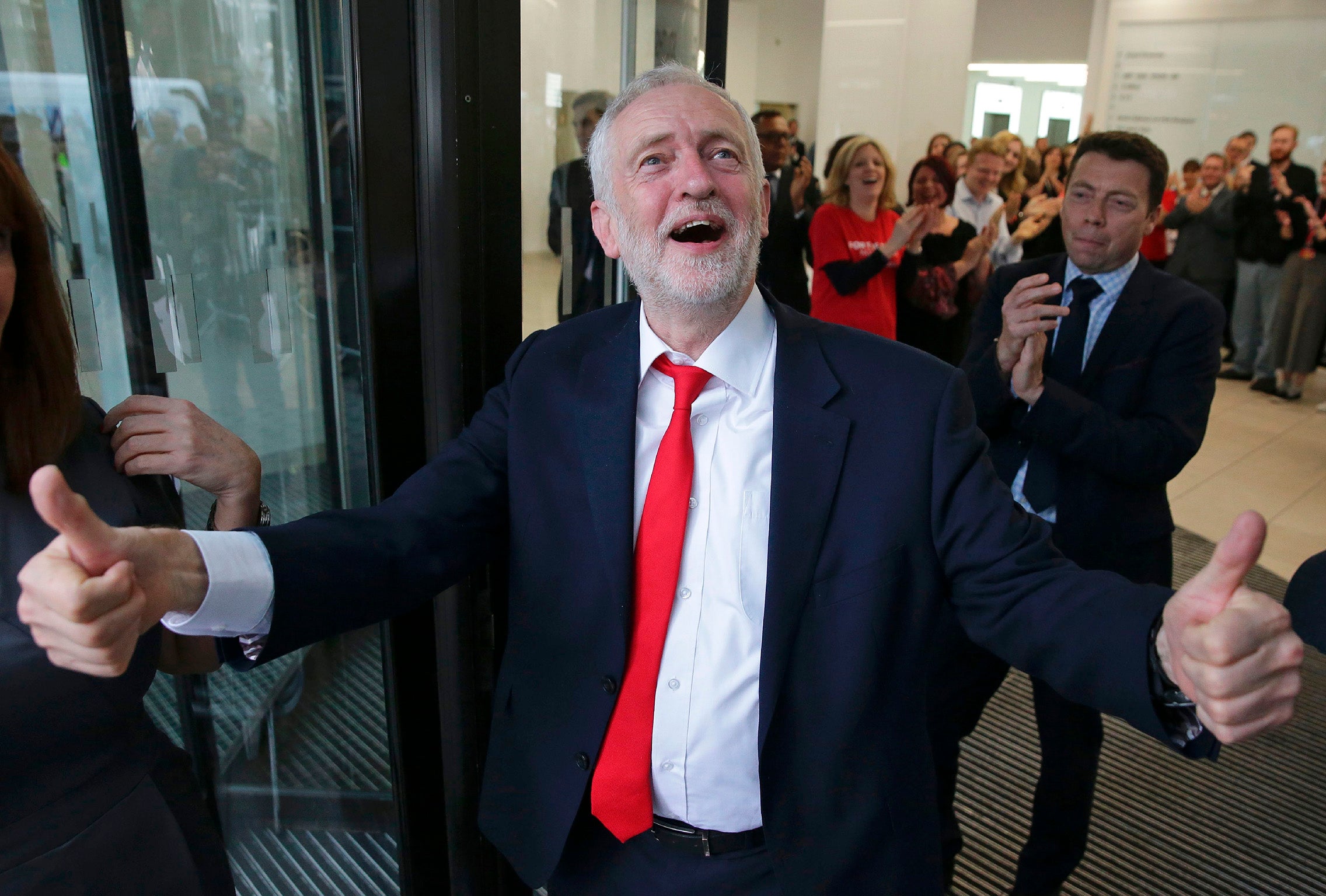
7/20 May loses majority as Labour makes surprise gain – 8 June 2017
After a disastrous campaign, Theresa May loses her majority in the commons and turns to the DUP for support. Jeremy Corbyn’s Labour party makes gains after being predicted to lose heavily
AFP/Getty
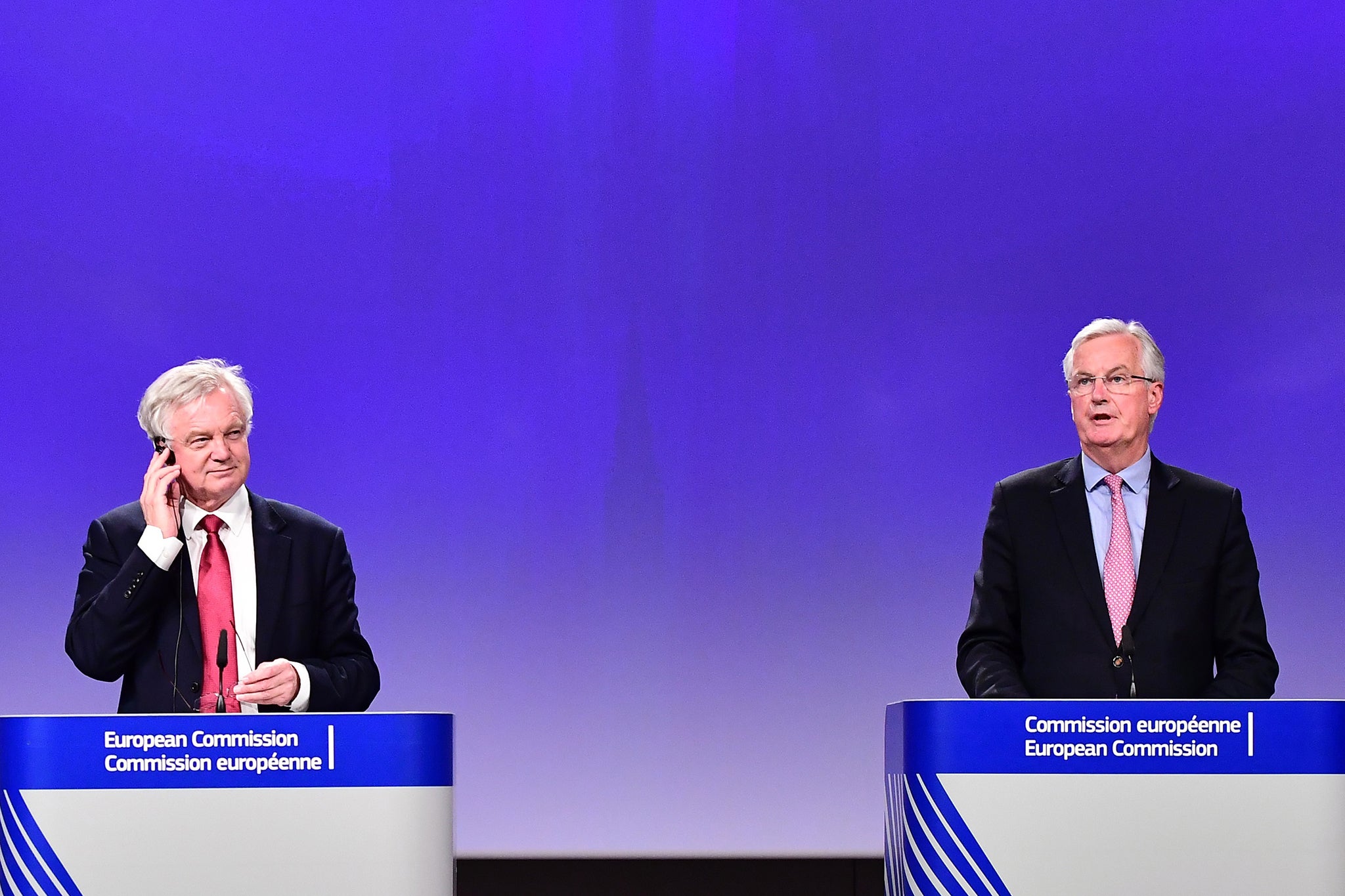
8/20 Negotiations begin – 19 June 2017
David Davis and Michel Barnier, chief negotiators for the UK and EU respectively, hold a press conference on the first day of Brexit negotiations. Soon after the beginning of negotiations, it becomes clear that the issue of the border between Northern Ireland and the Republic will prove a major sticking point
AFP/Getty
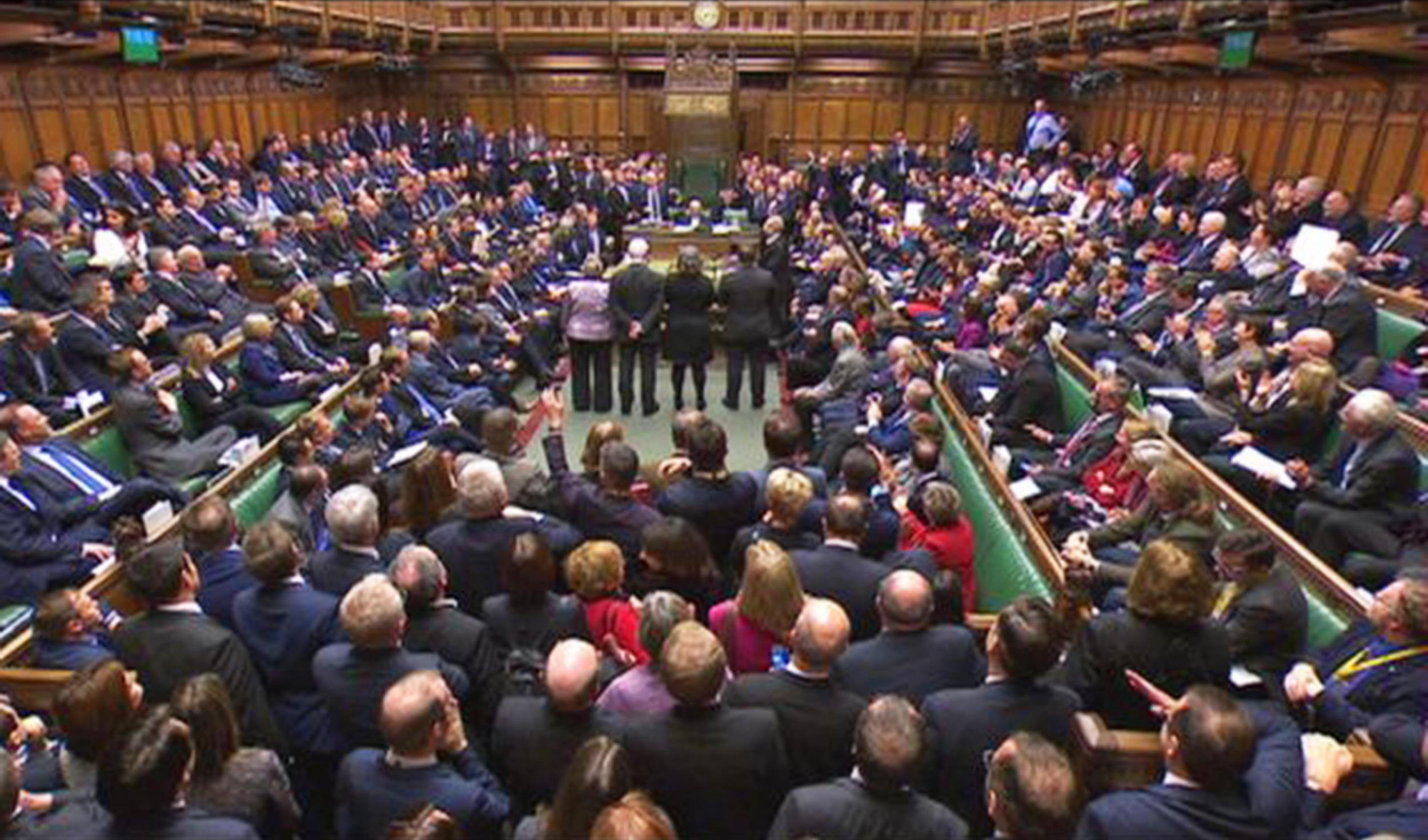
9/20 MPs vote that withdrawal deal must be ratified by parliament – 13 December 2017
The government suffers a defeat in parliament over the EU withdrawal agreement, guaranteeing that MPs are given a ‘meaningful vote’ on the deal
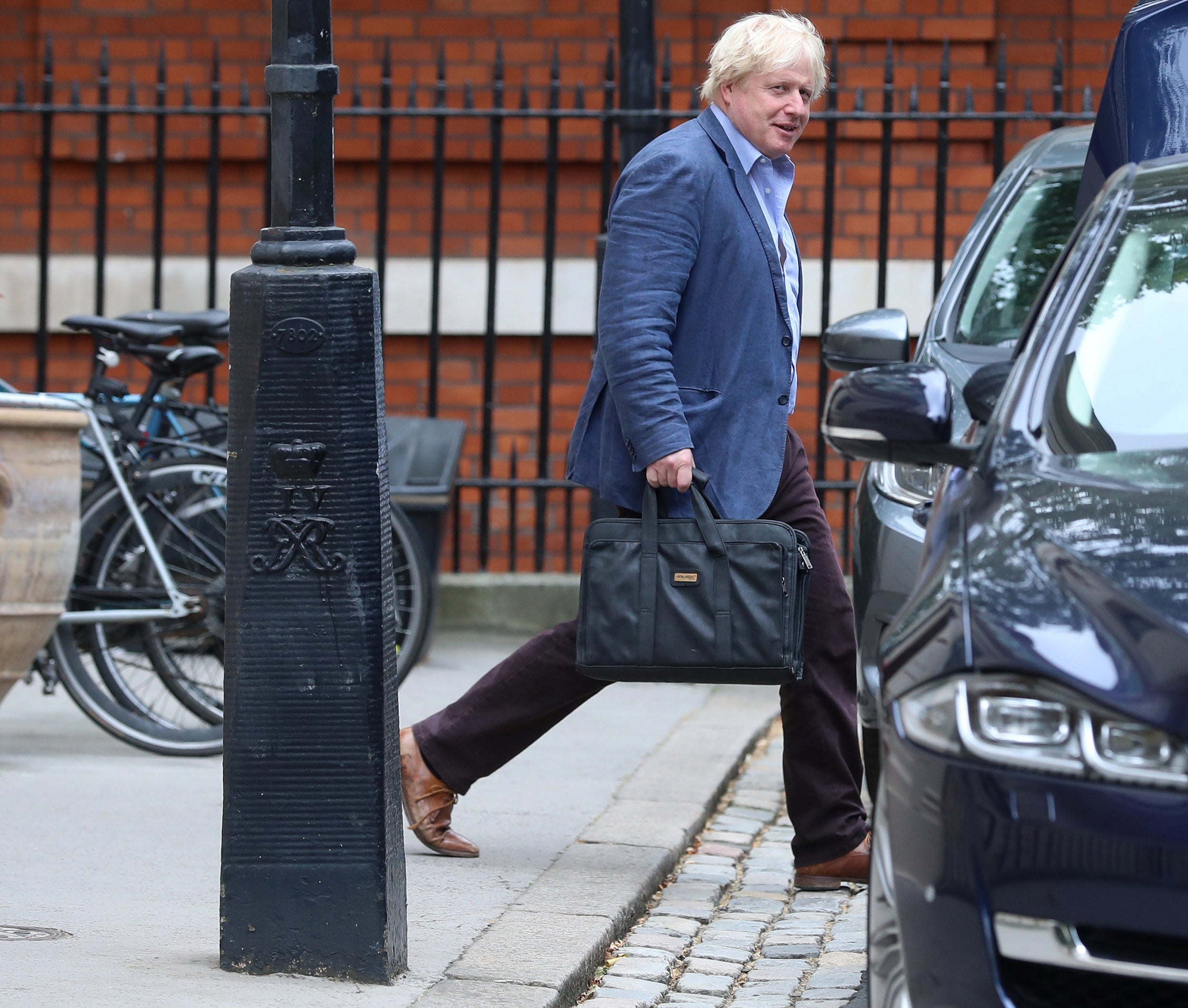
10/20 Boris Johnson resigns as foreign secretary – 11 July 2018
Following a summit at Chequers where the prime minister claimed to have gained cabinet support for her deal, Boris Johnson resigns as foreign secretary along with David Davis, the Brexit secretary
Reuters
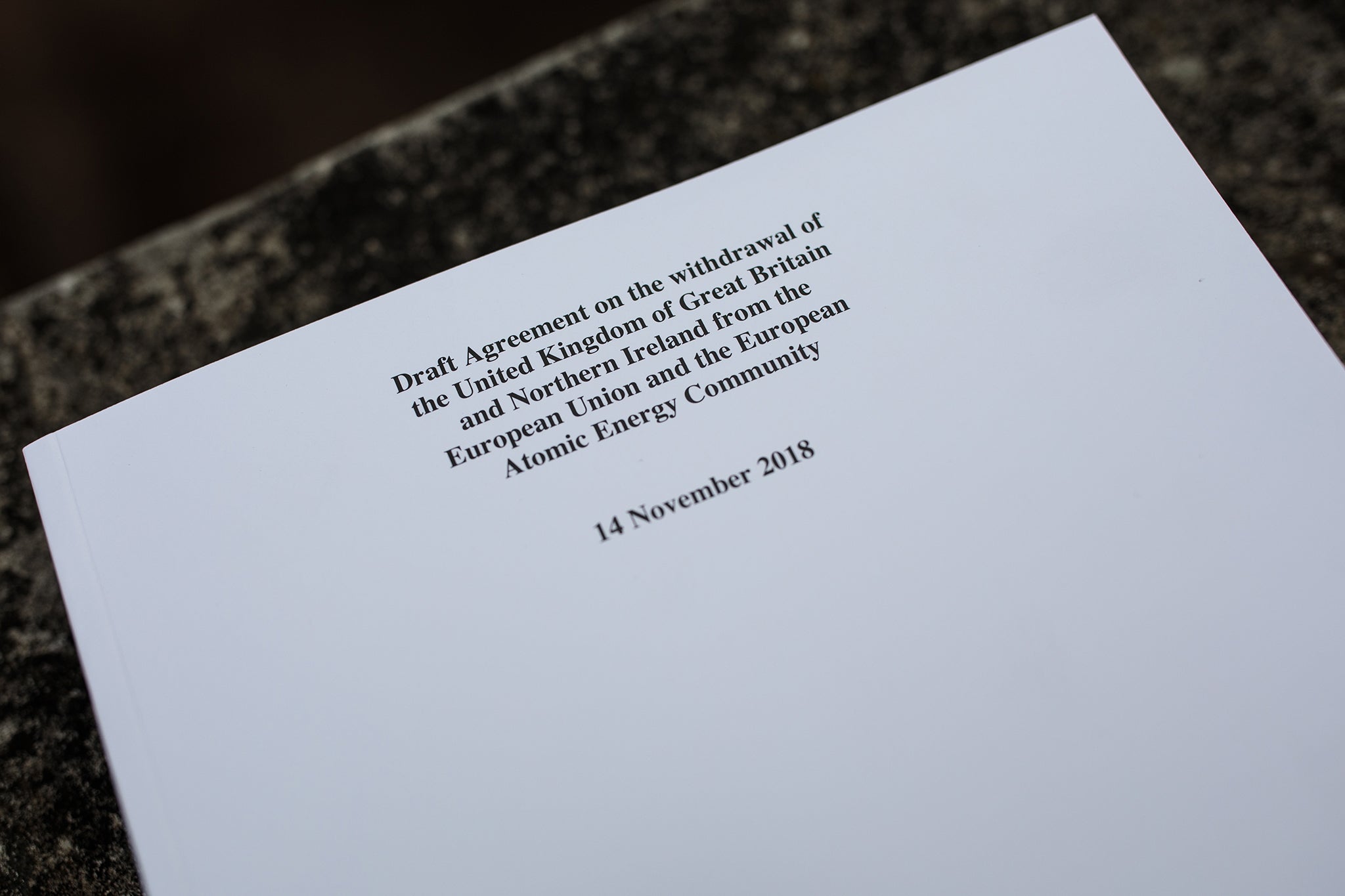
11/20 Draft withdrawal agreement – 15 November 2018
The draft withdrawal agreement settles Britain’s divorce bill, secures the rights of EU citizens living in the UK and vice versa and includes a political declaration commiting both parties to frictionless trade in goods and cooperation on security matters. The deal also includes the backstop, which is anathema to many brexiteers and Dominic Raab and Esther McVey resign from the cabinet in protest
Getty
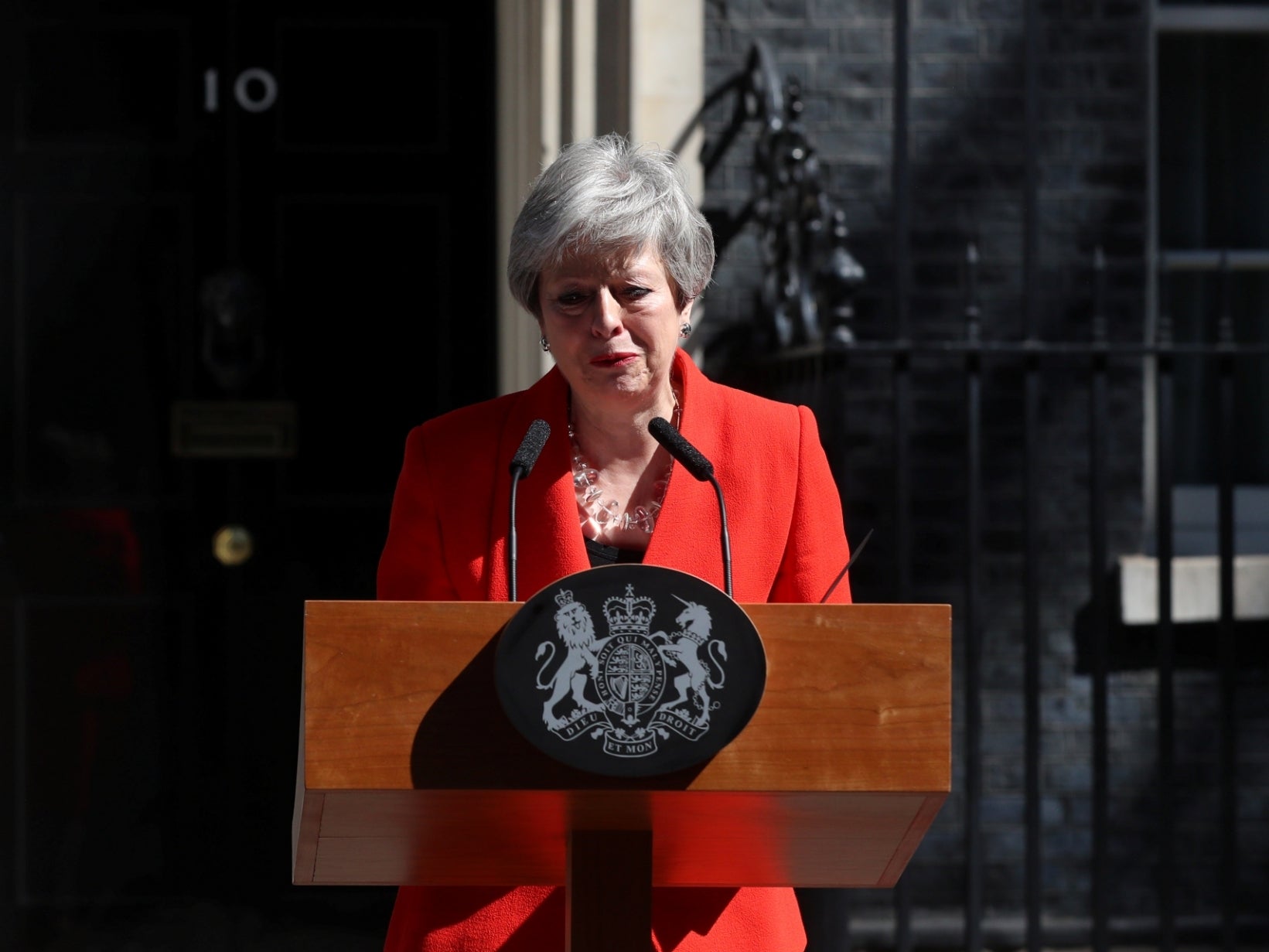
12/20 May resigns – 24 May 2019
After several failed attempts to pass her withdrawal agreement through the commons, Theresa May resigns
Reuters
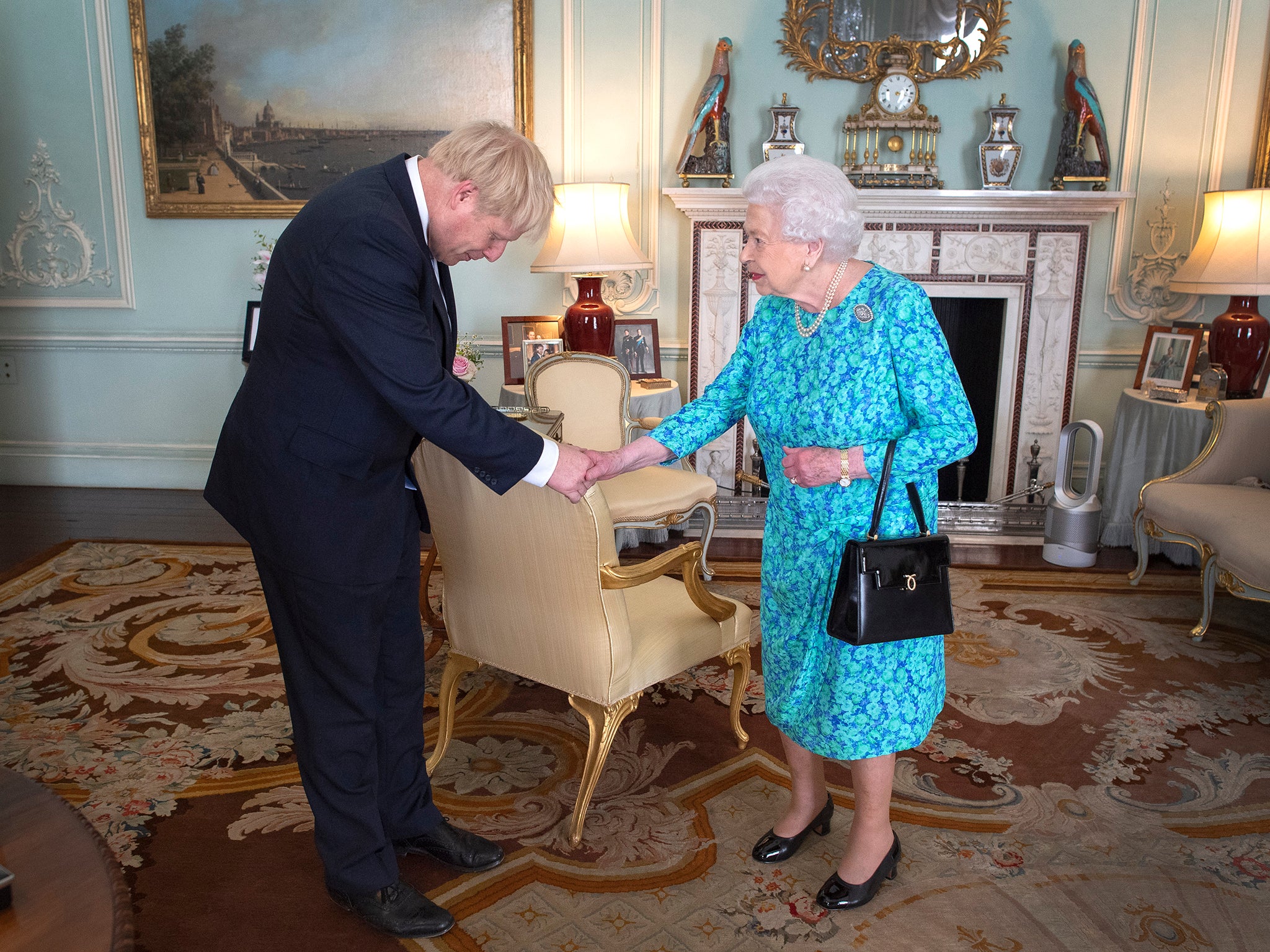
13/20 Johnson takes over – 24 July 2019
Boris Johnson is elected leader of the Conservative party in a landslide victory. He later heads to Buckingham Palace where the Queen invites him to form a government
Getty

14/20 Parliament prorogued – 28 August 2019
Boris Johnson prorogues parliament for five weeks in the lead up to the UK’s agreed departure date of 31 October.
Stephen Morgan MP
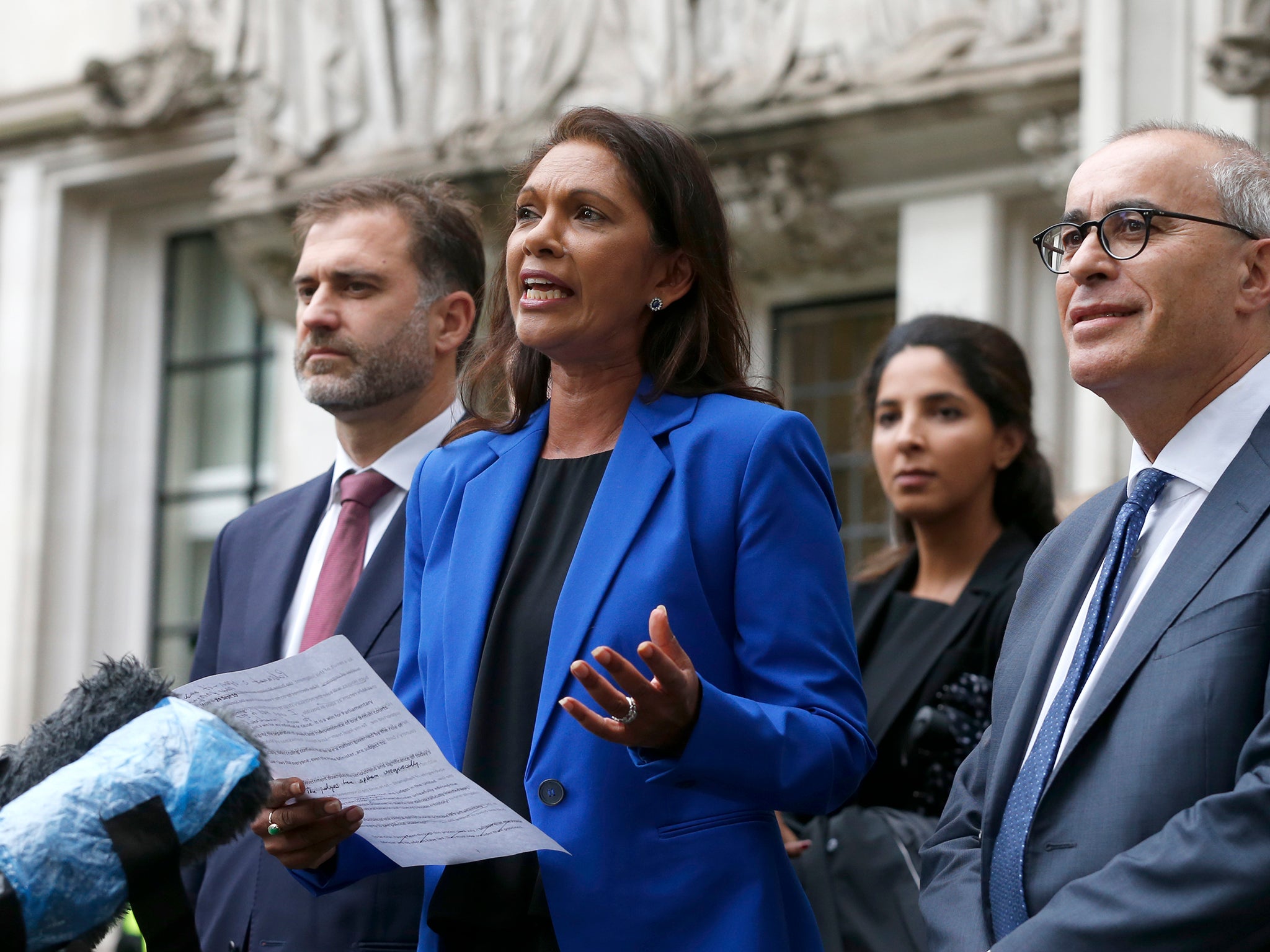
15/20 Prorogation ruled unlawful – 24 September 2019
The High Court rules that Johnson’s prorogation of parliament is ‘unlawful’ after a legal challenge brought by businesswoman Gina Miller
Getty
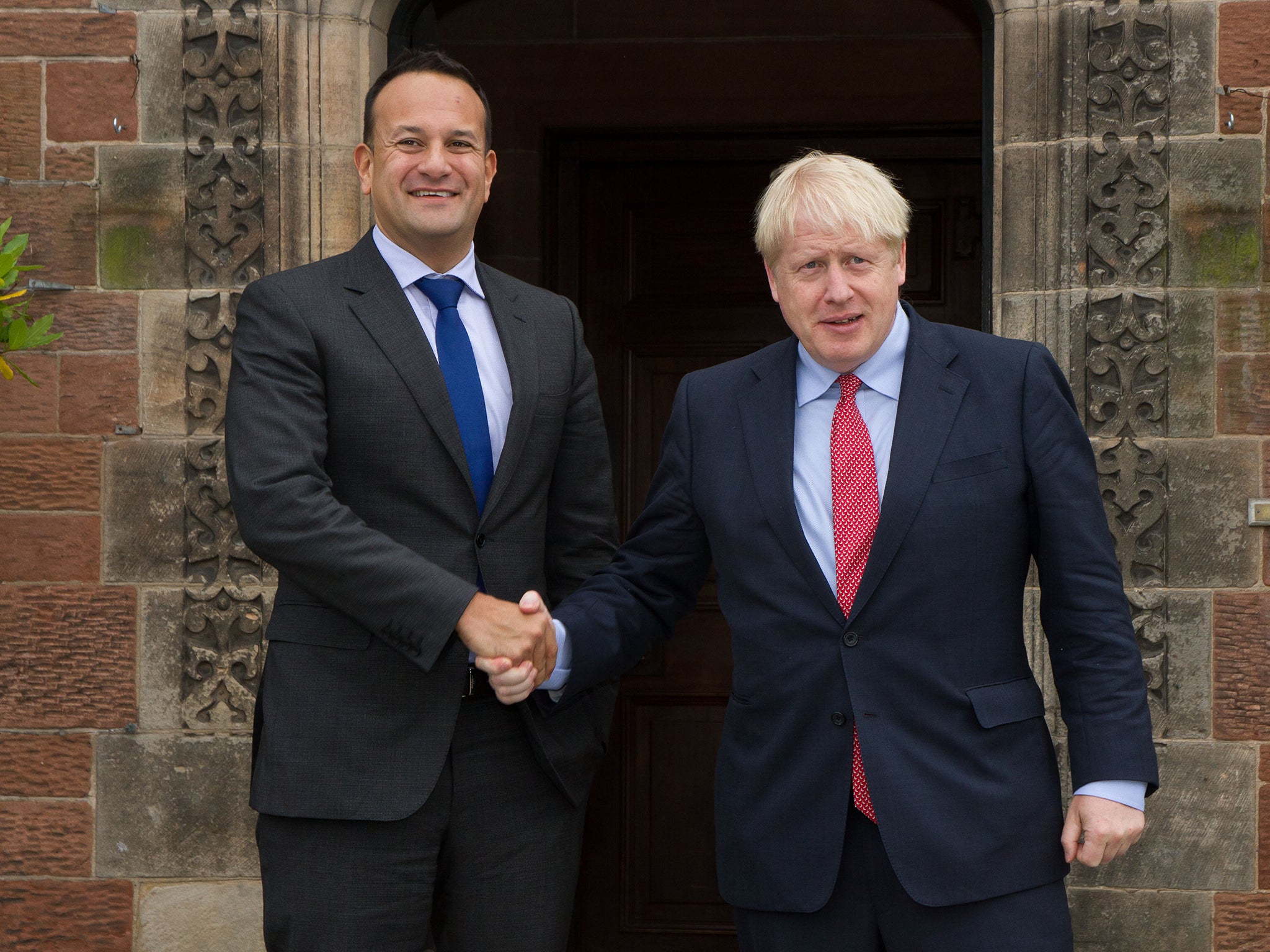
16/20 Johnson agrees deal with Varadkar – October
Following a summit in Merseyside, Johnson agrees a compromise to the backstop with Irish prime minister Leo Varadkar – making the withdrawal agreement more palatable to Brexiteers
Getty
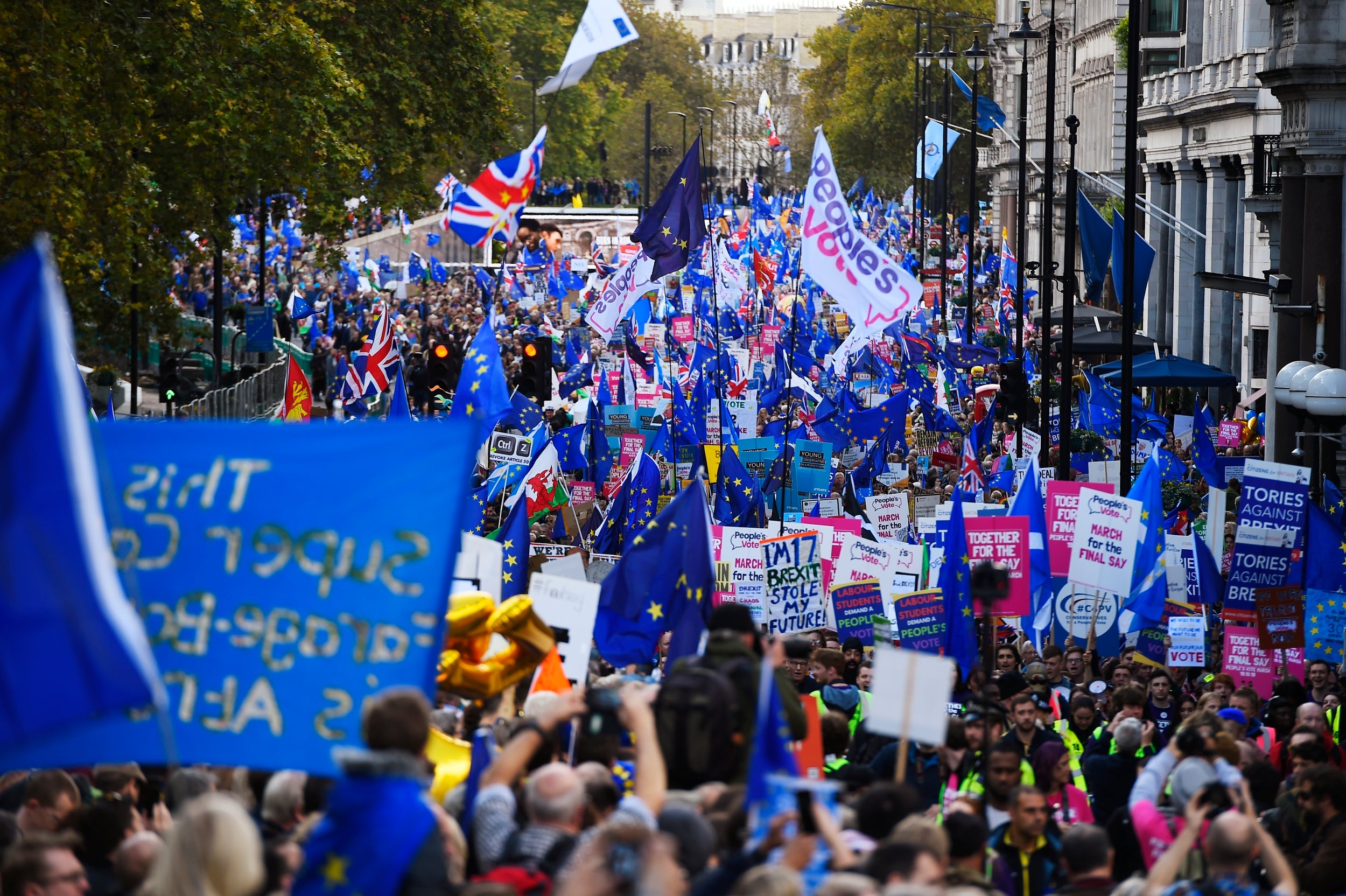
17/20 Final Say march demands second referendum – 19 October 2019
As parliament passes the Letwin amendment requiring the prime minister to request a further delay to Brexit, protesters take to the streets in the final show of force for a Final Say referendum
Getty
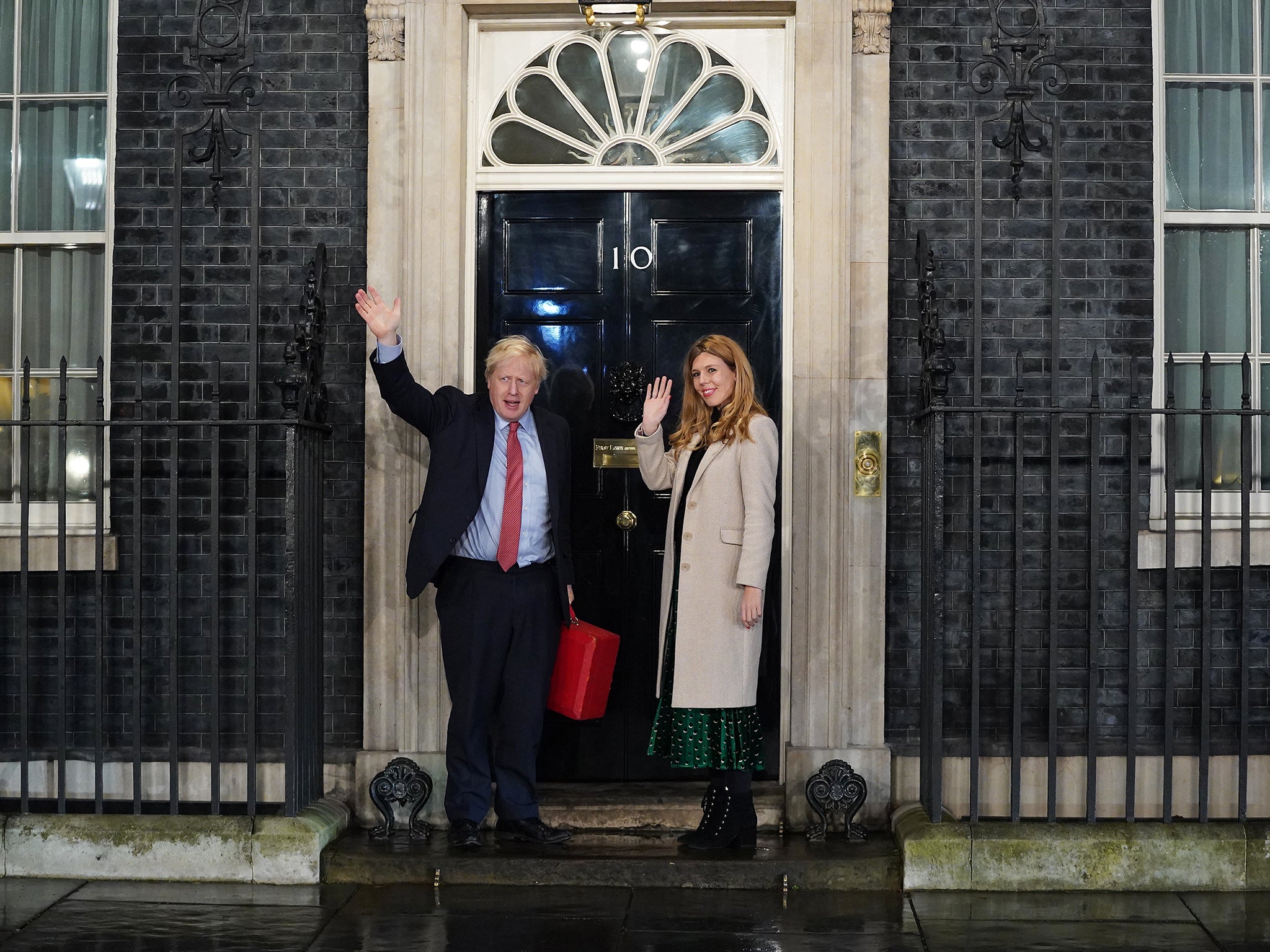
18/20 Johnson wins 80 seat majority – 12 December 2019
The Conservatives win the December election in a landslide, granting Boris Johnson a large majority to pass through his brexit deal and pursue his domestic agenda
Getty
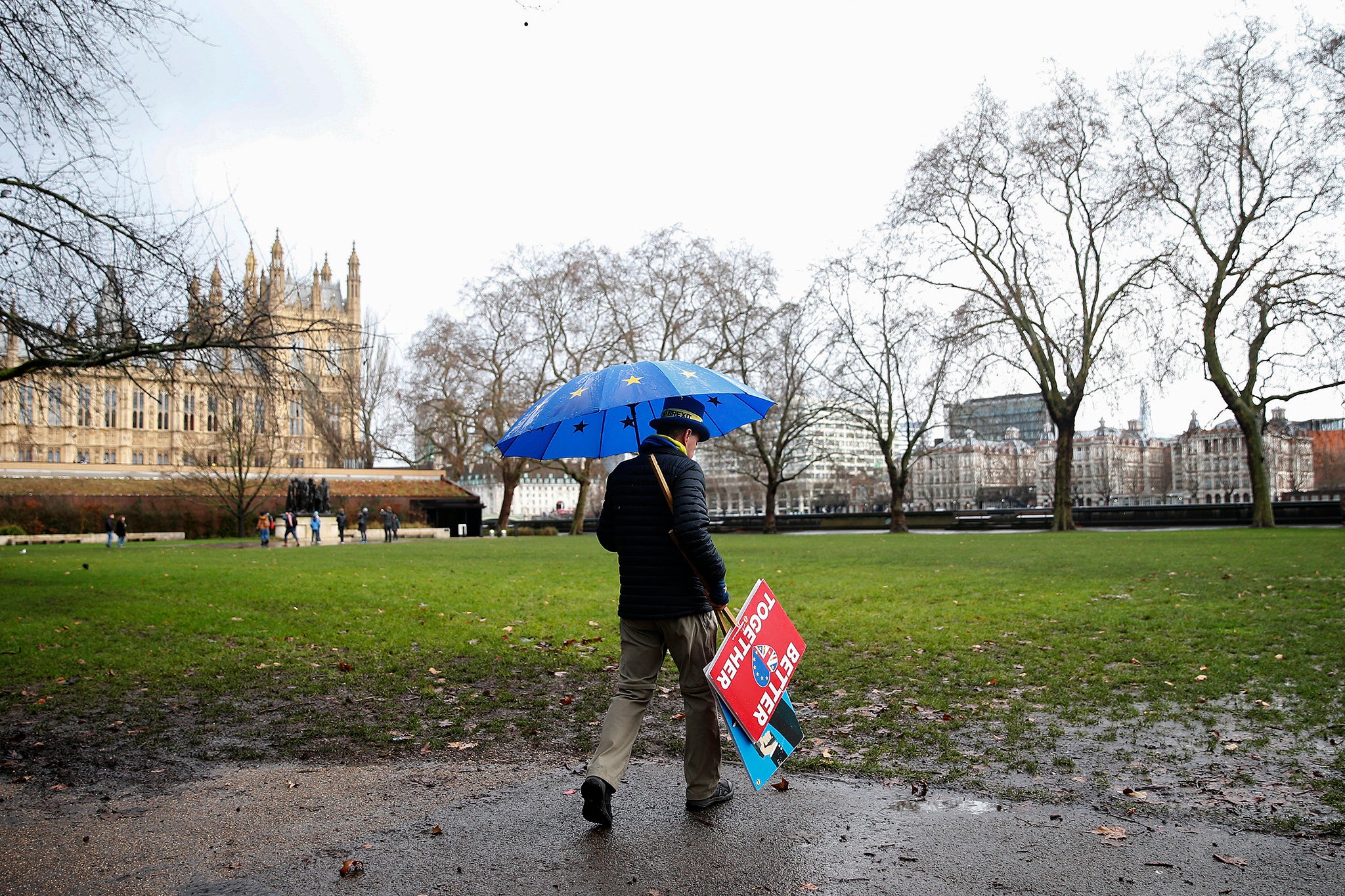
19/20 Withdrawal deal passes parliament – 20 December 2019
The withdrawal agreement passes through the commons with a majority of 124
Getty
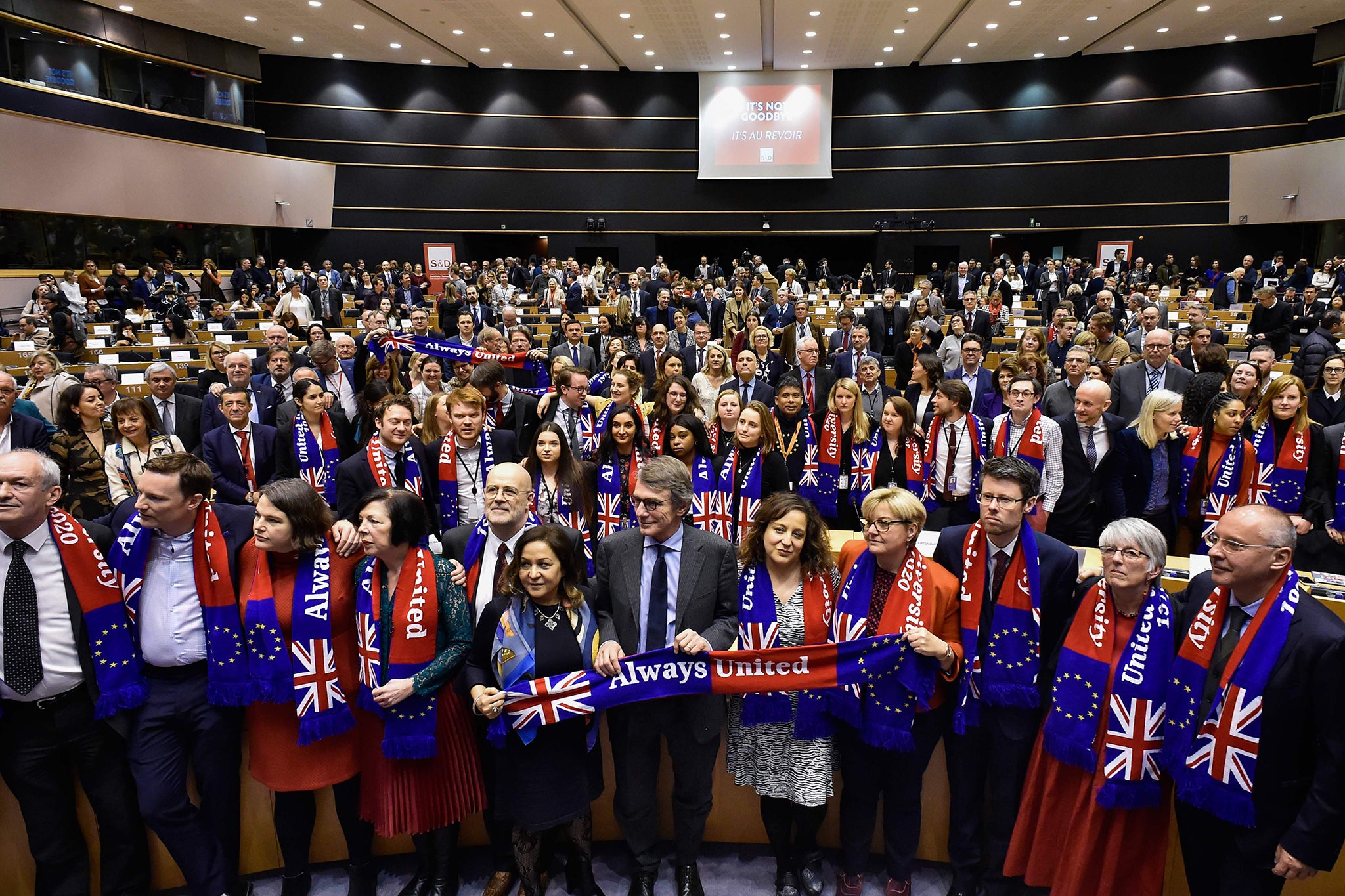
20/20 EU parliament backs UK withdrawal deal – 29 January 2020
Members of the European parliament overwhelmingly back the ratification of Britain’s departure, clearing the way for Brexit two days later on 31 January. Following the vote, members join hands and sing Auld Lang Syne
AFP/Getty

1/20 Britain votes to leave the European Union – 23 June 2016
A referendum is held on Britain’s membership of the European Union. Fifty-two per cent of the country votes in favour of leaving
AFP via Getty

2/20 David Cameron resigns – 24 June 2016
David Cameron resigns on the morning of the result after leading the campaign for Britain to remain in the EU
Getty

3/20 Theresa May takes the reins – 13 July 2016
Theresa May becomes leader of the Conservative party and prime minister, winning the leadership contest unopposed after Andrea Leadsom drops out
Getty

4/20 High Court rules parliament must vote on Brexit – November 2016 – 3 November 2016
The High Court rules that parliament must vote on triggering Article 50, which would begin the Brexit process

5/20 Article 50 triggered – 28 March 2017
The prime minister triggers Article 50 after parliament endorses the result of the referendum
Getty

6/20 May calls snap election – 18 April 2018
Seeking a mandate for her Brexit plan, May goes to the country
Getty

7/20 May loses majority as Labour makes surprise gain – 8 June 2017
After a disastrous campaign, Theresa May loses her majority in the commons and turns to the DUP for support. Jeremy Corbyn’s Labour party makes gains after being predicted to lose heavily
AFP/Getty

8/20 Negotiations begin – 19 June 2017
David Davis and Michel Barnier, chief negotiators for the UK and EU respectively, hold a press conference on the first day of Brexit negotiations. Soon after the beginning of negotiations, it becomes clear that the issue of the border between Northern Ireland and the Republic will prove a major sticking point
AFP/Getty

9/20 MPs vote that withdrawal deal must be ratified by parliament – 13 December 2017
The government suffers a defeat in parliament over the EU withdrawal agreement, guaranteeing that MPs are given a ‘meaningful vote’ on the deal

10/20 Boris Johnson resigns as foreign secretary – 11 July 2018
Following a summit at Chequers where the prime minister claimed to have gained cabinet support for her deal, Boris Johnson resigns as foreign secretary along with David Davis, the Brexit secretary
Reuters

11/20 Draft withdrawal agreement – 15 November 2018
The draft withdrawal agreement settles Britain’s divorce bill, secures the rights of EU citizens living in the UK and vice versa and includes a political declaration commiting both parties to frictionless trade in goods and cooperation on security matters. The deal also includes the backstop, which is anathema to many brexiteers and Dominic Raab and Esther McVey resign from the cabinet in protest
Getty

12/20 May resigns – 24 May 2019
After several failed attempts to pass her withdrawal agreement through the commons, Theresa May resigns
Reuters

13/20 Johnson takes over – 24 July 2019
Boris Johnson is elected leader of the Conservative party in a landslide victory. He later heads to Buckingham Palace where the Queen invites him to form a government
Getty

14/20 Parliament prorogued – 28 August 2019
Boris Johnson prorogues parliament for five weeks in the lead up to the UK’s agreed departure date of 31 October.
Stephen Morgan MP

15/20 Prorogation ruled unlawful – 24 September 2019
The High Court rules that Johnson’s prorogation of parliament is ‘unlawful’ after a legal challenge brought by businesswoman Gina Miller
Getty

16/20 Johnson agrees deal with Varadkar – October
Following a summit in Merseyside, Johnson agrees a compromise to the backstop with Irish prime minister Leo Varadkar – making the withdrawal agreement more palatable to Brexiteers
Getty

17/20 Final Say march demands second referendum – 19 October 2019
As parliament passes the Letwin amendment requiring the prime minister to request a further delay to Brexit, protesters take to the streets in the final show of force for a Final Say referendum
Getty

18/20 Johnson wins 80 seat majority – 12 December 2019
The Conservatives win the December election in a landslide, granting Boris Johnson a large majority to pass through his brexit deal and pursue his domestic agenda
Getty

19/20 Withdrawal deal passes parliament – 20 December 2019
The withdrawal agreement passes through the commons with a majority of 124
Getty

20/20 EU parliament backs UK withdrawal deal – 29 January 2020
Members of the European parliament overwhelmingly back the ratification of Britain’s departure, clearing the way for Brexit two days later on 31 January. Following the vote, members join hands and sing Auld Lang Syne
AFP/Getty
“We remember very clearly the text which we negotiated with Boris Johnson. And we just want to see that complied with. To the letter. And if that doesn’t happen there will be no agreement.”
Mr Barnier has previously accused the UK of “failing to engage“ on the issues of EU regulations and standards, the European Convention on Human Rights, and fisheries.
In return, the government has blamed the EU’s “ideological approach“ for the lack of progress in the talks ahead of the December deadline.
However Mr Barnier said the negotiations were about “damage limitation”. He added: “Brexit is lose-lose. Nobody has been able to show there’s any added value to Brexit — not so far. Not even [Nigel] Farage.
“If we don’t get an agreement then that will have even more consequences. And then of course those will be added to the already very serious consequences of the coronavirus crisis.
“So I think we have a joint responsibility in this very serious crisis, which affects so many families … to do everything we can to reach an agreement and I very much hope that we will do so.”
Mr Barnier said the EU would not agree to a deal which damages the EU in the long term or ”harms the integrity of the single market”.
He added: “We are less exposed because 7 per cent of our exports go to the UK, whereas for the UK it’s 47 per cent of their exports which come to the EU. So I think that it is in the interests of both sides to find an agreement.”



